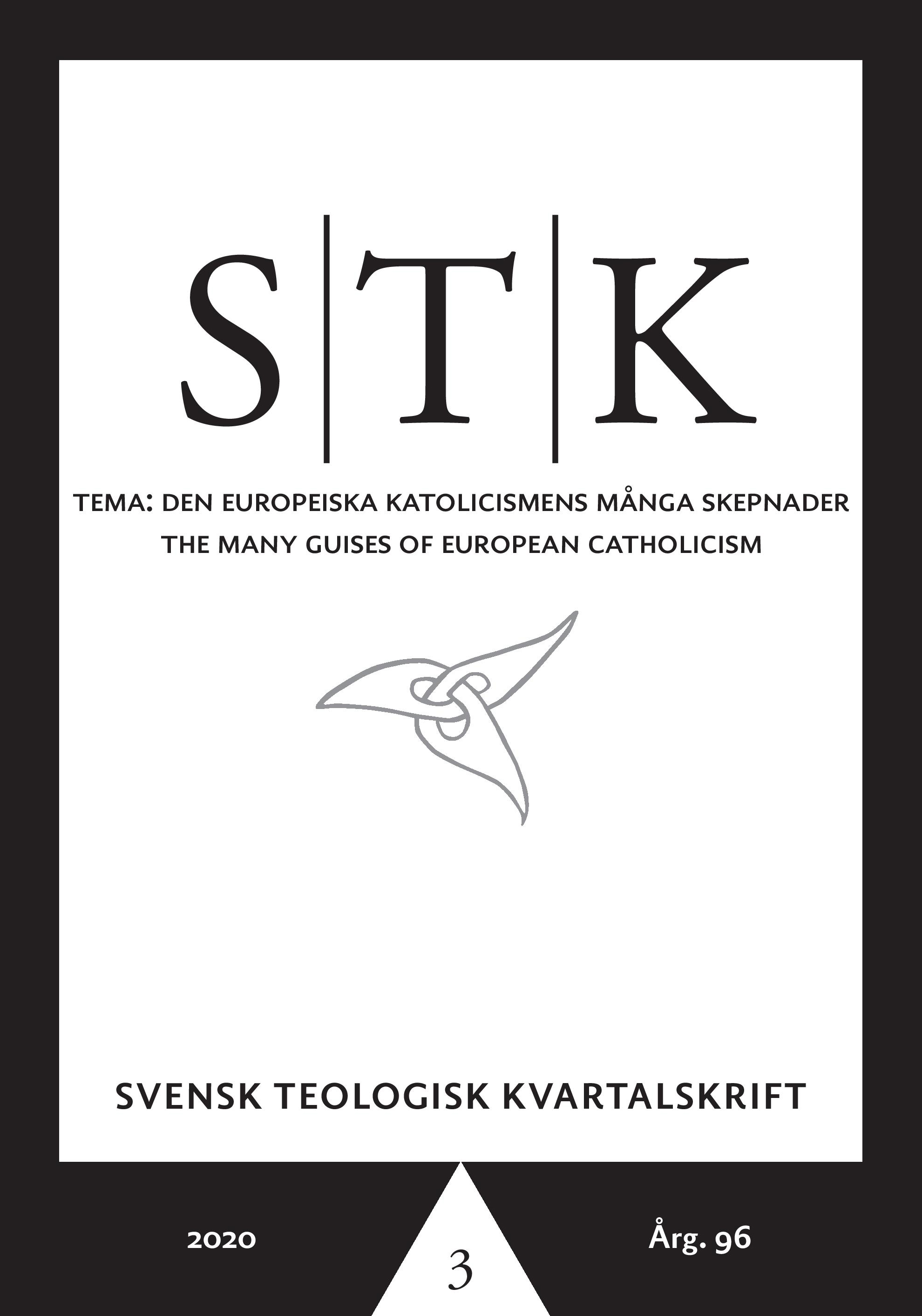Consumerism Replaces Catholicism?
The Case of Ireland
Abstract
This article explores the way in which Catholicism, its value and its life vision, once central to Irish culture and identity, has in recent decades been decentred. Some claim that consumerism and market values now occupy the centre of Irish culture. Catholicism has a long history in Ireland. However, it is in the final decades of the nineteenth century and in the decades following independence that Irish identity and Catholicism became intertwined. After independence, the Catholic Church was important in securing legitimacy for the Irish Free State. In return, the Irish government allowed the Church to extend its presence in the realms of education, health, and welfare. Change came in the 1960s as educational and social reform movements began to gather force. The Church often seemed to be rigidly conservative. Its powerful social and educational presence were resented. This resentment was greatly aggravated by scandals which emerged within Church governed institutions in the 1990s. Alongside came cultural and economic transformations. Ireland underwent what has been called a "compressed modernity". In conclusion, the paper argues that while Catholicism has indeed been decentred, it is not the case that it has simply been replaced by the forces of consumerism or global capitalist values. The situation is complex, the future is still open.
Downloads
Published
Issue
Section
License
Copyright (c) 2020 Fáinche Ryan

This work is licensed under a Creative Commons Attribution-NonCommercial-NoDerivatives 4.0 International License.


